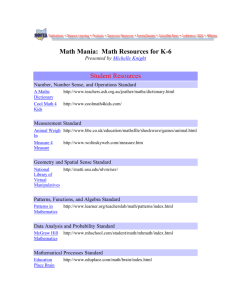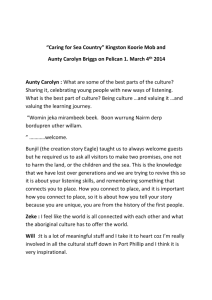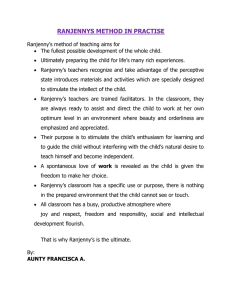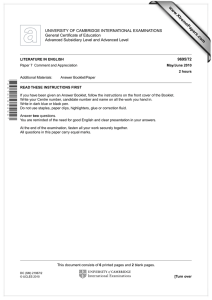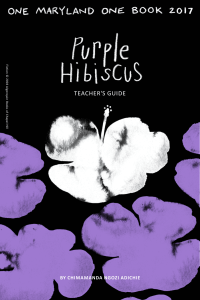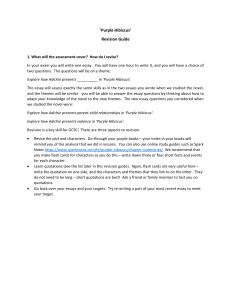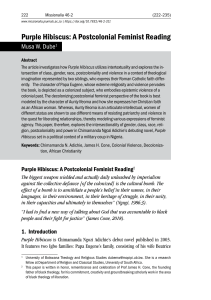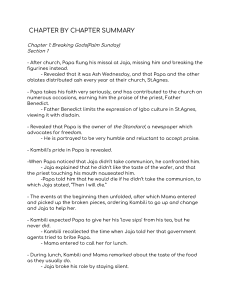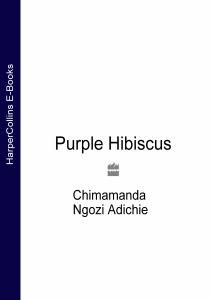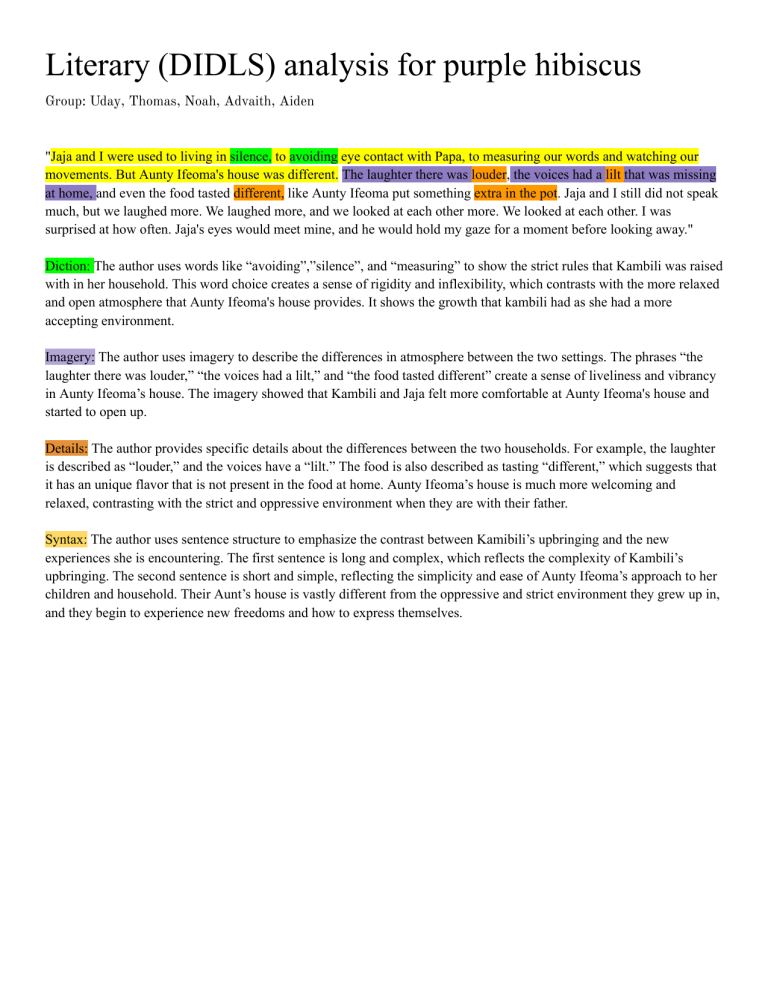
Literary (DIDLS) analysis for purple hibiscus Group: Uday, Thomas, Noah, Advaith, Aiden "Jaja and I were used to living in silence, to avoiding eye contact with Papa, to measuring our words and watching our movements. But Aunty Ifeoma's house was different. The laughter there was louder, the voices had a lilt that was missing at home, and even the food tasted different, like Aunty Ifeoma put something extra in the pot. Jaja and I still did not speak much, but we laughed more. We laughed more, and we looked at each other more. We looked at each other. I was surprised at how often. Jaja's eyes would meet mine, and he would hold my gaze for a moment before looking away." Diction: The author uses words like “avoiding”,”silence”, and “measuring” to show the strict rules that Kambili was raised with in her household. This word choice creates a sense of rigidity and inflexibility, which contrasts with the more relaxed and open atmosphere that Aunty Ifeoma's house provides. It shows the growth that kambili had as she had a more accepting environment. Imagery: The author uses imagery to describe the differences in atmosphere between the two settings. The phrases “the laughter there was louder,” “the voices had a lilt,” and “the food tasted different” create a sense of liveliness and vibrancy in Aunty Ifeoma’s house. The imagery showed that Kambili and Jaja felt more comfortable at Aunty Ifeoma's house and started to open up. Details: The author provides specific details about the differences between the two households. For example, the laughter is described as “louder,” and the voices have a “lilt.” The food is also described as tasting “different,” which suggests that it has an unique flavor that is not present in the food at home. Aunty Ifeoma’s house is much more welcoming and relaxed, contrasting with the strict and oppressive environment when they are with their father. Syntax: The author uses sentence structure to emphasize the contrast between Kamibili’s upbringing and the new experiences she is encountering. The first sentence is long and complex, which reflects the complexity of Kambili’s upbringing. The second sentence is short and simple, reflecting the simplicity and ease of Aunty Ifeoma’s approach to her children and household. Their Aunt’s house is vastly different from the oppressive and strict environment they grew up in, and they begin to experience new freedoms and how to express themselves.
